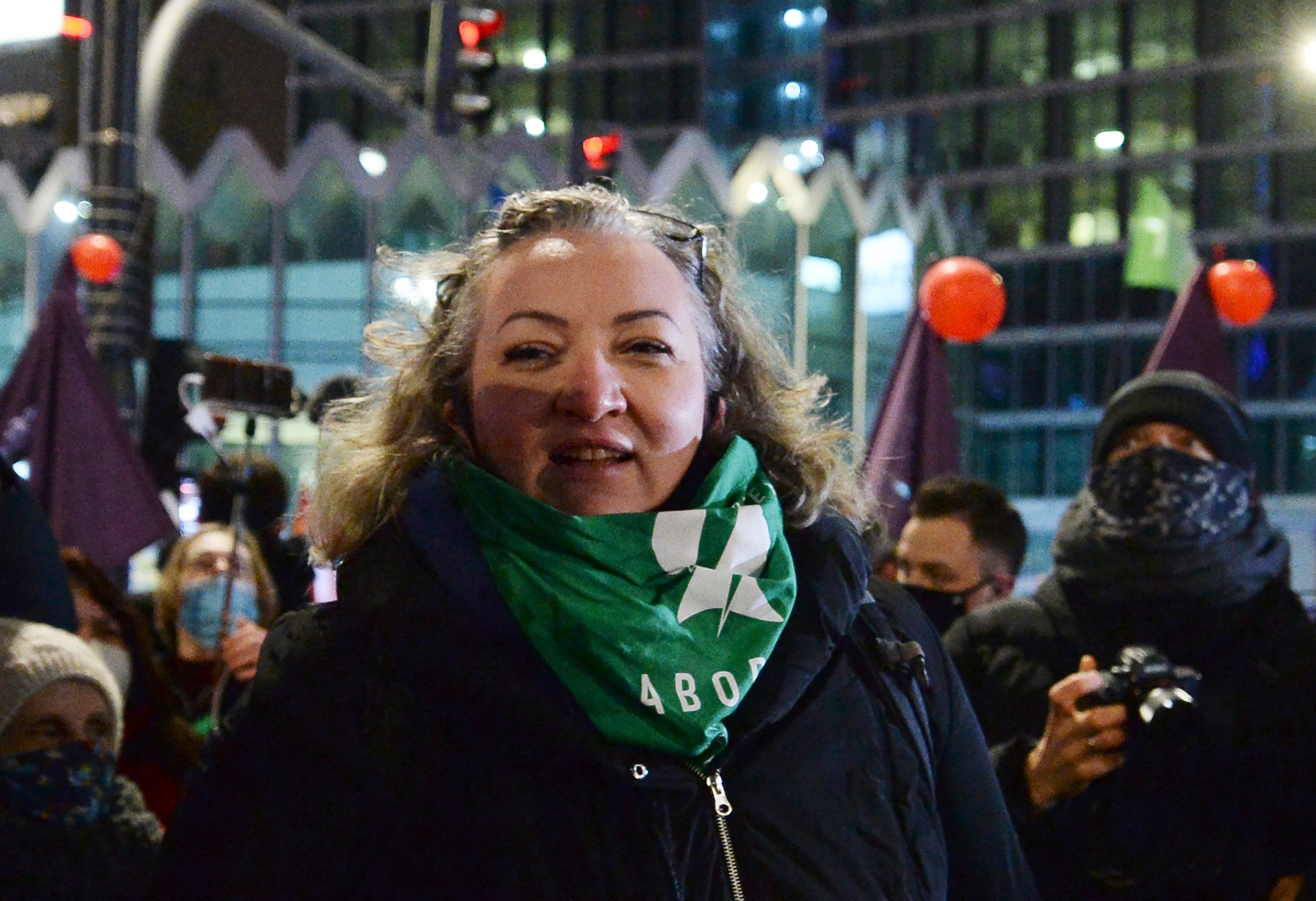Women's rights activist charged for role in Polish protests
A leader of the Polish Women’s Strike, the movement that has led mass nationwide protests against a near total abortion ban in Poland, has been charged with criminal felonies

A leader of the Polish Women’s Strike, the movement that has led mass nationwide protests against a near total abortion ban in Poland, has been charged with criminal felonies.
Marta Lempart told The Associated Press on Thursday that she was formally read the charges at the district prosecutor’s office in Warsaw on Wednesday.
The changes against Lempart include insulting public officials and causing an epidemiological threat for organizing protests during the coronavirus pandemic. Under Polish law, a person can face from six months to eight years of imprisonment for causing an epidemiological threat.
Lempart told The Associated Press that she sees the charges as an intensification of political pressure on her movement.
The development comes as the European Union has repeatedly expressed its concerns about the erosion of democratic norms in the member state. LGBT people and independent media also feel under massive pressure by the right-wing government.
Many protesters have previously been charged with misdemeanors for participating in the protests. She said that in almost all of the cases the courts have dropped those charges.
The protests erupted in October when the constitutional court ruled to ban abortions in the case of fetal defects, growing into the largest anti-government mass movement in Poland since communism fell more than 30 years ago. The ruling took effect in late January.
The abortion restriction was widely denounced by lawmakers in the European Parliament earlier this week, with most saying it marks a violation of women's rights.